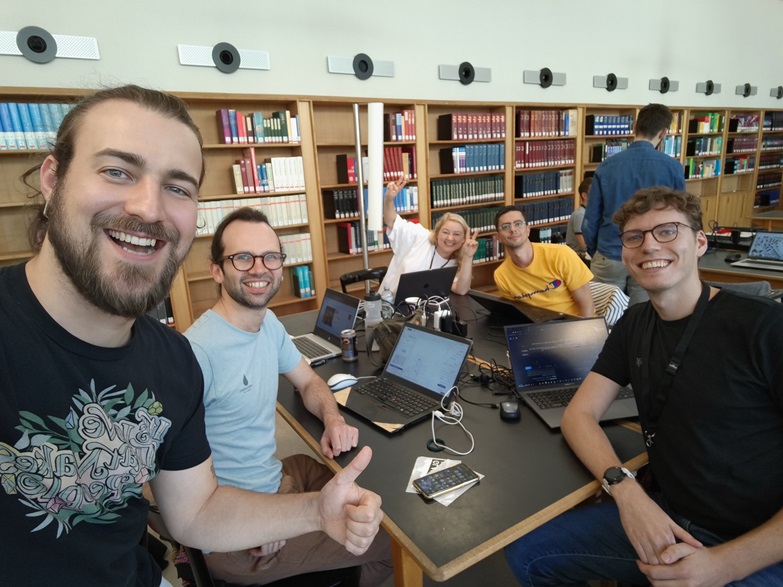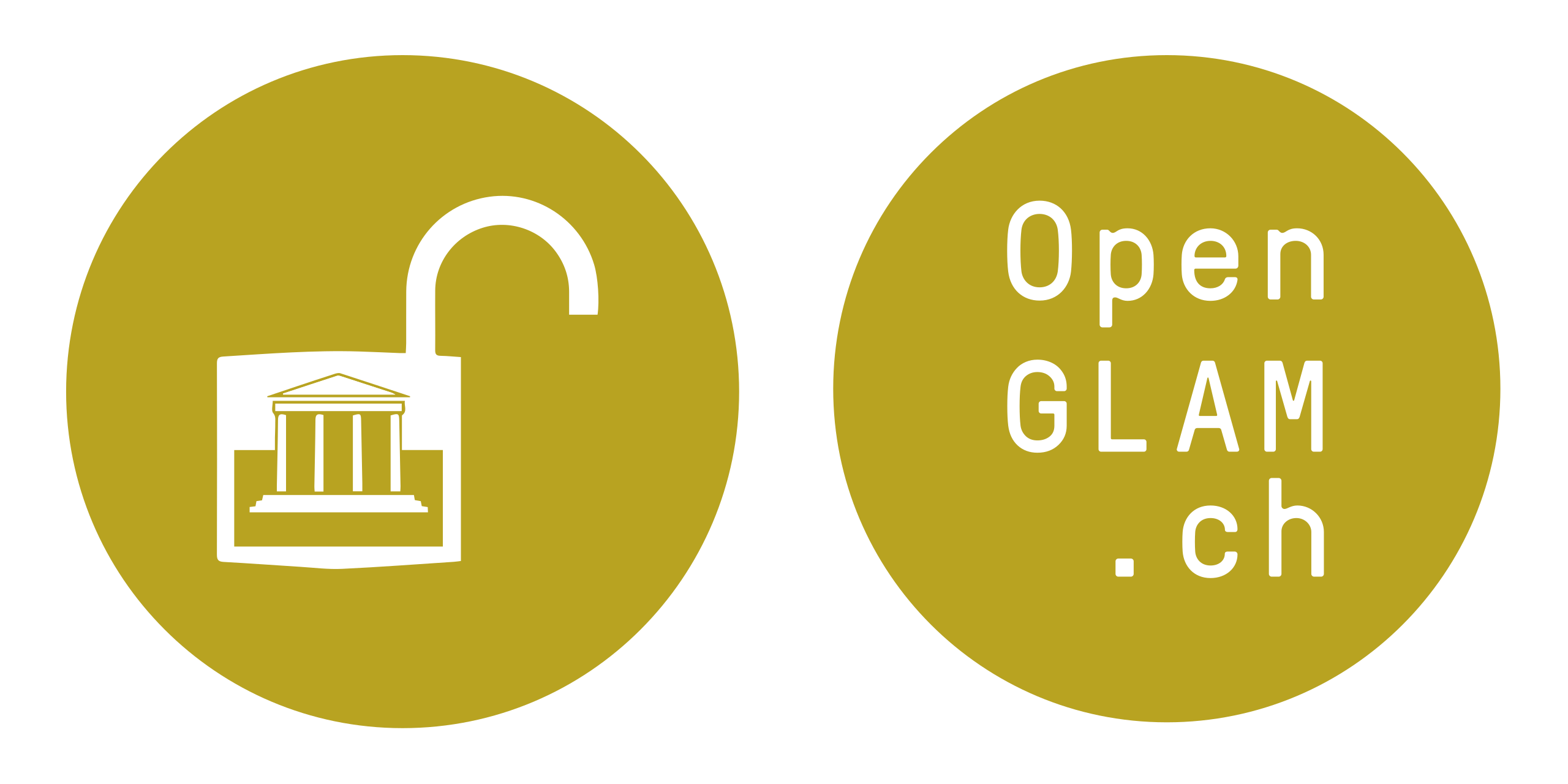Edited (version 34)
Getting creative with Europeana
Create a project that leverages the Europeana Search API's new 'distance' search parameter for storytelling purposes. What shape this project takes is up to you: you can trace a single object or person throughout history on a map, you might create an app that allows users to search for objects close to their current physical location, or anything else that comes to mind. One great way to visualise your story is by using Humap: https://humap.me/
INTRODUCTION
Europeana is the European repository for digital cultural heritage, holding more than 50 million cultural heritage objects from more than 4000 institutions in Europe and beyond. Europeana's whole database is accessible for free using the Europeana API suite.
Europeana has been hard at work updating its Search and Record APIs and API documentation. Newly developed search features have opened up new possibilities for reuse of Europeana's database. One of those features is the geospatial search feature, which allows users to specify a point in space and search within a certain radius around that point. The Search API will return all objects in its database that fall within that search radius and conform to the other query parameters the user has entered. An example of this kind of search is:
More than 17 million Europeana objects are enriched with a latitude and longitude position in one or more of the following fields: currentLocation, coverageLocation or location. More information can be found here: https://europeana.atlassian.net/browse/EA-2996

an example of geographical storytelling: a screenshot of the Twin It! Humap website, which shows which 3D models each member state has submitted.
THE CHALLENGE
We at Europeana challenge you to create a project that in some way leverages the geospatial search feature for storytelling purposes. What shape this project takes is up to you: you can trace a single object or person throughout history on a map, you might create an app that allows users to search for objects close to their current physical location, or anything else that comes to mind.
Because this years' theme is 'On the Move', please think about a project that falls within those parameters. One audience group that loves engaging with cultural heritage in a geo-specific setting is tourists. If your project can solve an issue the tourism sector has (e.g. 'what are interesting places near me to visit?' or 'how can I know more about this thing I've just found?') using digital cultural heritage, you're appealing to a huge audience. An interesting subset of our collection to explore for glamhack24 is our Migration Collection. It consists of over 300K cultural heritage objects and can be accessed by using the query parameter 'theme=migration' in the Search API. example API call.
Are you looking for more inspiration on what content in Europeana you can reuse to appeal to the theme 'On the Move'? Then check out our stories tagged with 'migration': https://www.europeana.eu/en/stories?tags=migration
One of the ways you can nicely visualise your data is by using Humap.
GET IN TOUCH
You'll be supported during this challenge by Jolan Wuyts, API Outreach coordinator at Europeana, who can help you understand our APIs, curate API calls for you and generally be a mentor and expert on the Europeana database. The rest is up to you and the rest of the team!
***
Documentation details
You can find the docs for the europeana Search API here: https://europeana.atlassian.net/wiki/spaces/EF/pages/2385739812/Search+API+Documentation
Below is an extract from those docs detailing how to use the distance, location, CurrentLocation, CoverageLocation, and location sorting parameters:
We can filter results by distance using the function distance in the parameter qf. This example will look for objects with the words world war that are located (the object itself or the spatial topic of the resource) in a distance of 200 km to the point with latitude 47 and longitude 12.
Syntax: query=world+war&qf=distance(location,47,12,200)
https://api.europeana.eu/record/v2/search.json?query=world+war&qf=distance(location,47,12,200)
We can also use more specific fields instead of location: currentLocation (with coordinates from edm:currentLocation), and coverageLocation (with coordinates from dcterms:spatial and dc:coverage). For example, qf=distance(currentLocation,47,12,200) will filter the results to those located within 200 km of the coordinates indicated.
When we refine by distance (i.e., qf=distance(...)), we can also include distance+asc or distance+desc in the sorting parameter in order to rank the results by the distance to the coordinates.
Syntax: query=world+war&qf=distance(location,47,12,200)&sort=distance+asc
https://api.europeana.eu/record/v2/search.json?query=world+war&qf=distance(location,47,12,200)&sort=distance+asc
Refinement and sorting parameters can be concatenated. Each such parameter and the mandatory query parameter contributes a breadcrumb object if breadcrumbs are specified in the search profile.
more information about the specific content of fields like dcterms:spatial, edm:currentLocation and dc:coverage can be found here: https://europeana.atlassian.net/wiki/spaces/EF/pages/2106294284/edm+ProvidedCHO

Event finish
Sketching
Added your presentation slides
a tutorial on APIs and Europeana's APIs, for Anna: https://europeana.moocit.fr/courses/course-v1:europeana+API1+2023_Q4/course/
link to datawrapper presentation https://www.datawrapper.de/_/R59Bg/?v=10
Research
For Anna, the Europeana search query showing the 176 swiss manuscripts: https://www.europeana.eu/search?query=europeana_collectionName%3A%229200211_Ag_EU_e-Codices%22%20AND%20pl_wgs84_pos_lat%3A%28%2A%29&page=1&view=grid
for Sébastien, link to API call with Swiss manuscript library objects that have at least one latitude field: https://api.europeana.eu/record/search.json?wskey=api2demo&query=europeana_collectionName%3A%229200211_Ag_EU_e-Codices%22+AND+pl_wgs84_pos_lat%3A%28*%29
https://europeana.atlassian.net/wiki/spaces/DB/pages/2195062803/Visual+brand+guidelines
our visual brand guidelines
query for Simon to download and extract the field "id" https://api.europeana.eu/record/search.json?wskey=api2demo&qf=DATA_PROVIDER%3A%22Museum+of+World+Culture%22&qf=contentTier%3A%281+OR+2+OR+3+OR+4%29&query=proxy_dcterms_provenance%3A*&profile=minimal&rows=24&start=1
a start to our presentation for the project pitches tomorrow: https://docs.google.com/presentation/d/1pyvHCVLt7LFaxAyxRU2gIesMeJF_p-ocSqHQtUwpTZw/edit?usp=sharing
App is deployed on huggingface
https://huggingface.co/spaces/sgpeytrignet/europeana-data-explorer
Start
Etherpad where we can write together: https://pad.ouvaton.coop/BXheabG-uSabdQkAWVY-
GitHub repo we can use to interact with the Europeana API
https://github.com/sg-peytrignet/storytelling-europeana
Joined the team
we're brainstorming!
initial ideas:
- looking at natural history expeditions, reframing their narrative
- colonial history and decolonisation
our pyeuropeana wrapper is https://pypi.org/project/pyeuropeana/
Project
Joined the team
interesting exhibition about edible plants in the Americas!
https://www.europeana.eu/en/exhibitions/edible-plants-from-the-americas
Research
here's a search filter on europeana that only shows you content that has a latitude geocoordinate. This assumes that it will then also have a longitude geocoordinate :D
https://www.europeana.eu/en/search?page=1&view=grid&query=pl_wgs84_pos_lat%3A%28%2A%29
possibly relevant exhibition https://www.europeana.eu/en/galleries/662-spanish-enlightenment-botanical-expeditions
555 items from the Swedish anthropologist Alfred Métraux
https://www.europeana.eu/en/search?page=1&qf=DATA_PROVIDER%3A%22Museum%20of%20World%20Culture%22&query=pl_wgs84_pos_lat%3A%28%2A%29%20AND%20Alfred%20M%C3%A9traux&view=grid
TO INSTALL MINICONDA
curl -O https://repo.anaconda.com/miniconda/Miniconda3-latest-MacOSX-x86_64.sh bash Miniconda3-latest-MacOSX-x86_64.sh conda --version
added docs info
Joined the team
Challenge shared
Tap here to review.
Improved Access to Mesoamerican Collections Worldwide
GLAMhack 2024
GeoPhoto App


